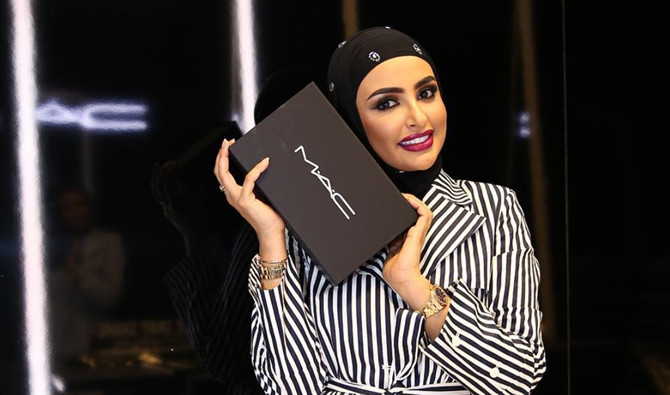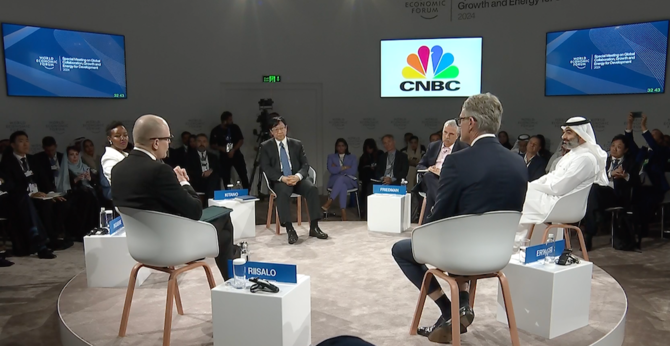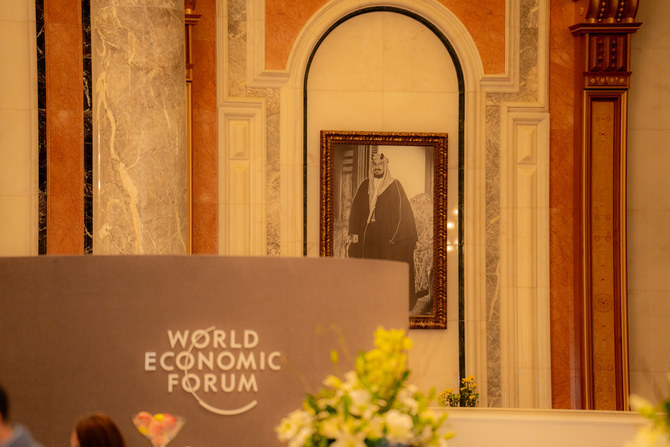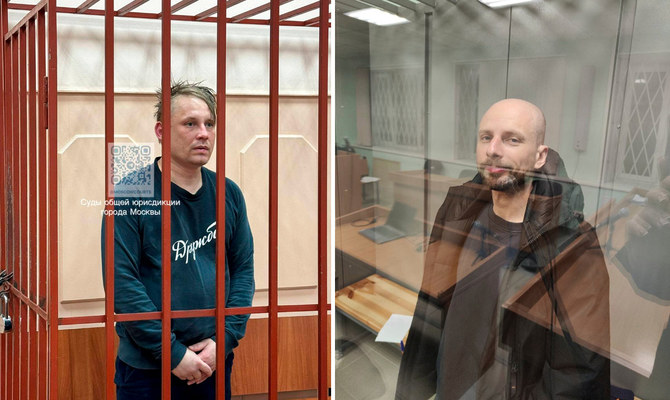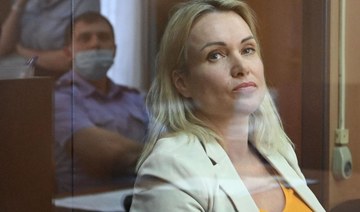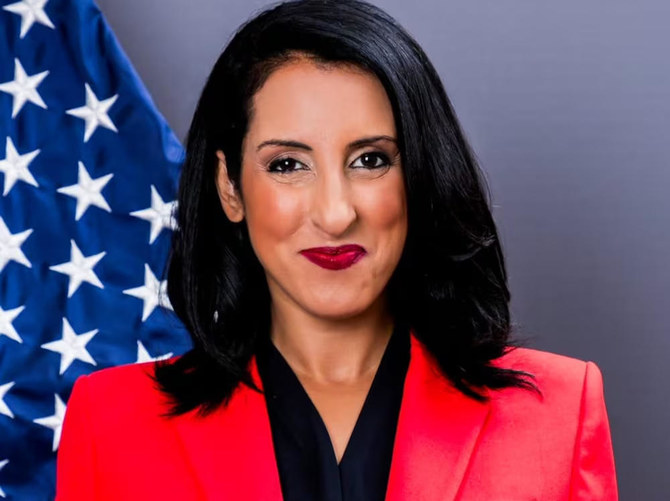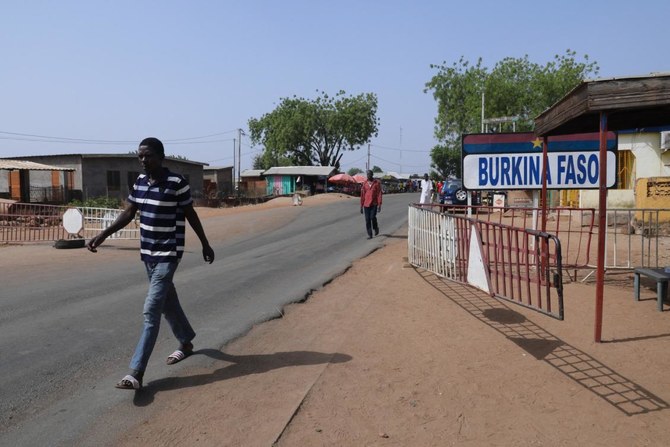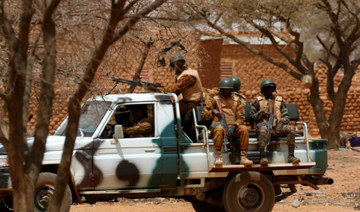LONDON: Big brands aiming to reach millions of consumers across the Arab world are rethinking their influencer budgets after a video by a disgraced Kuwaiti blogger went viral last week.
Beauty brands rushed to disassociate themselves from Sondoss Al-Qattan following the widespread sharing of her video criticizing new provisions to protect Filipino domestic workers.
Al-Qattan, a make-up artist who has 2.3 million followers on Instagram, sparked an international outcry on social media as users demanded brands withdraw their support.
The calls came in response to her widely circulated comments criticizing a new Kuwaiti law granting Filipino domestic workers one day off per week. The provisions also removed the employer’s right to withhold their passport and required 22 days annual leave for workers.
The incident comes as a wake-up call for global and regional brands eager to enlist the region’s most prominent blogger to tap into the lucrative Middle East market.
“Brands definitely have a bigger responsibility to look behind the number of engagements and actually look into the influencers’ ideas, ethics and attitude,” said Amer Massimi, CEO of Starfish Influencers Agency, which operates a mobile app with more than 5000 people from countries across the GCC.
Cosmetics companies, including Max Factor Arabia, MAC Cosmetics, Chelsea Beautique, Anatasia Beverly Hills and French perfume brand M. Micallef — who have all since cut ties with Al-Qattan — watched social media sentiment shift against them as users suggested they prioritized the value of a large following over their ambassadors’ ethics.
A spokesperson for Anastasia Beverly Hills told Arab News: “We are deeply disappointed by Sondos Al-Qattan’s remarks surrounding Kuwait’s updated labor laws. These comments completely contradict the core values of Anastasia Beverly Hills and we have not and never will condone any hateful, discriminatory views. Sondos is not affiliated, employed or collaborating with ABH. As a result of her statements, ABH has unfollowed Sondos and removed her from our PR list.”
“Anybody who thinks keeping their employee’s passport is their right and anybody who believes a working person does not deserve at least one day off, is out of touch with humanity,” a former follower of Al-Qattan’s wrote on Twitter.
“Seeing as Sondos Al-Qattan represents @MaxFactorArabia, does the brand support her appalling statements about domestic workers?” another wrote, tagging the brand.
Most of the beauty brands formerly linked to Al-Qattan have since severed ties and issued statements strongly denying their association with the views expressed in her post, which has received millions of views across multiple platforms.
MAC Cosmetics said, “We currently do not have any partnerships with her and will no longer be working with her on any brand activities.” The company aims to align itself with “partners that share our core values and in no way tolerates excluding anyone,” it wrote in a statement.
Experts said that it can be difficult for brands to predict the behavior of influencers but stressed the responsibility of both parties to ensure the partnership is based on mutual understanding.
“From a consumer perspective, I actually feel for the brands — they signed with her before the comments were made and are now receiving the backlash of her actions; not their own,” said Giselle Onanian, founder of Plan.G, a brand consultancy based in Dubai.
But equally, brands need to do due diligence when it comes to evaluating the character of the people that they choose to represent them, not just the follower size, she said.
“This isn’t just the values and ethics of the influencers they have to consider, it’s of themselves too. Is this someone that they genuinely feel fits their brand, genuinely personifies their product or is a reflection of their user? Or just a good place to put some money?”
Experts said that the influencer industry is going from strength to strength in Gulf countries such as the UAE, where budgets for social media marketing can be as much as $50,000 per social media influencer campaign, according to a survey released last year by BPG Cohn & Wolfe.
“It is one of the fastest-growing industries in the Middle East and brands are beginning to realize the important of influencer marketing and redirect budgets accordingly,” Alexandra Williams, MD at iHC Influencer Marketing, told Arab News earlier this year.
“The ad-hoc nature of the business makes it very easy for brands to disconnect with an influencer potentially harmful for their image and move onto the next,” added Ian Hainey, CEO at the company.
In the video Al-Qattan grumbled: “The new laws that have been passed are like a pathetic film. For her (domestic worker)to take a day off every week, that’s four days a month. Those are the days that she’ll be out. And we don’t know what she’ll be doing on those days, with her passport on her.”
She later responded to negative media coverage by saying the backlash against her remarks was an attack on her as a hijab-wearing woman, the state of Kuwait and Islam as a whole.
Her failure to apologize made the situation worse, Massimi said, adding that his agency would “never suggest her name in the future to our partners. I’m sure that’s the conclusion of many other agencies in the region.” After this, he said, “It would be suicidal for any brand to continue working with her.”
Cosmetics Giant Max Factor Arabia said it was “shocked” at Al-Qattan’s remarks and Chelsea Beautique posted a statement on Twitter saying: “We believe that decent working conditions should be provided to everyone and such behavior does not represent our brand’s core beliefs.”
The new law follows a dispute between Kuwait and the Philippine President Rodrigo Duterte after he imposed a partial ban on workers traveling to the Gulf country when the body of a murdered Filipino maid was found in a freezer.
About 60 percent of the 250,000 Filippinos in Kuwait are domestic workers and the country has been under pressure from the international community to improve a system that human rights groups have described as a breeding ground for poor working conditions.
“Sadly, I think too many brands just throw money at influencers and make some very big decisions in a rush and without doing proper research into things often far more important than numbers,” said Natasha Hatherall-Shawe, founder of TishTash Marketing & Public Relations.
“If Sondos had come out with some humility and remorse, apologizing for her comments and explaining maybe why they were out of context or showed some lack of judgement, then we could be in a different situation today than we are.
“I have rarely today seen any influencer so vilified and not just on a regional level, but globally too and this is a very tricky place to come back from,” she said.



